Director of Communications, University of Michigan Rogel Cancer
Fawcett leads a team of communicators who produce targeted, innovative communication for the Rogel Cancer Center’s research and clinical enterprises. Prior to Michigan Medicine, Fawcett was a reporter at the Detroit News and editor for a web-based community for people with disabilities.

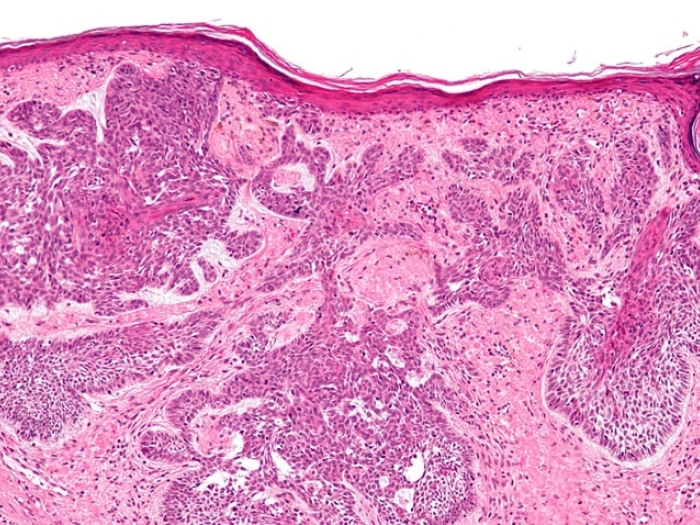
Health Lab
A University of Michigan study finds a biomarker associated with basal cell carcinoma may help signal which skin tumors will be more aggressive.
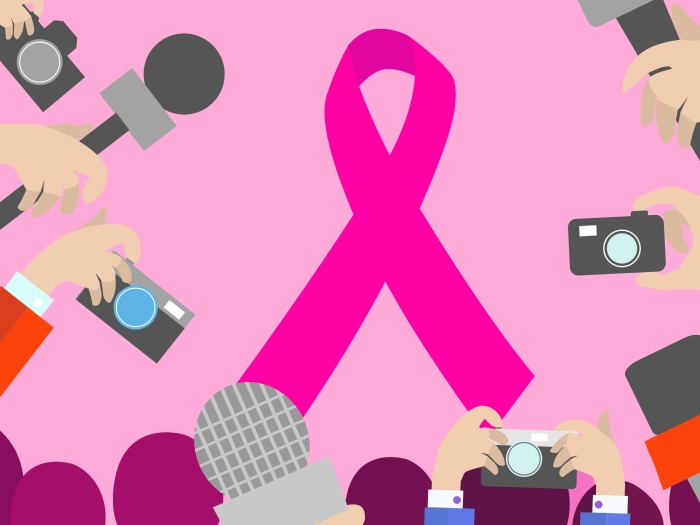
Health Lab
A University of Michigan study examines how media coverage of celebrity health has influenced breast cancer treatment decisions including double mastectomy.
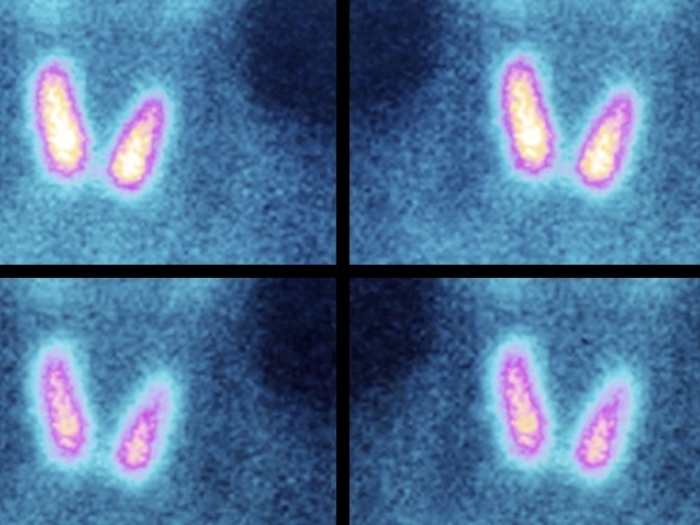
Health Lab
Researchers at the University of Michigan suggest categorizing non-life-threatening thyroid tumors separately from more aggressive thyroid cancers.
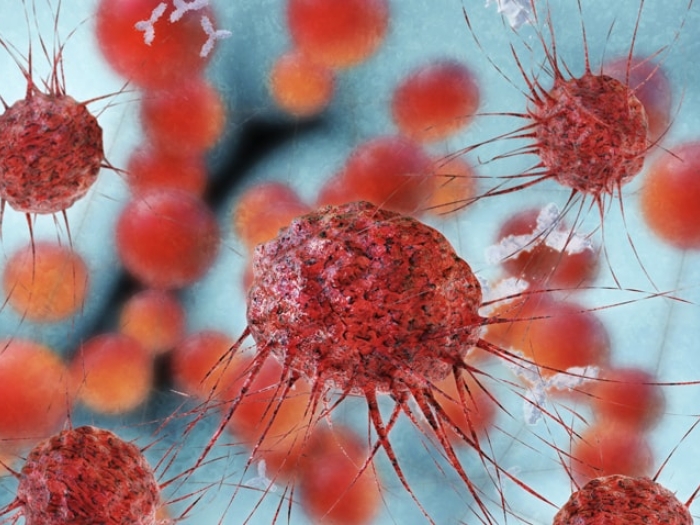
Health Lab
New medical research from the University of Michigan explores how a patient’s own immune system might help determine effective treatment options for cancer.
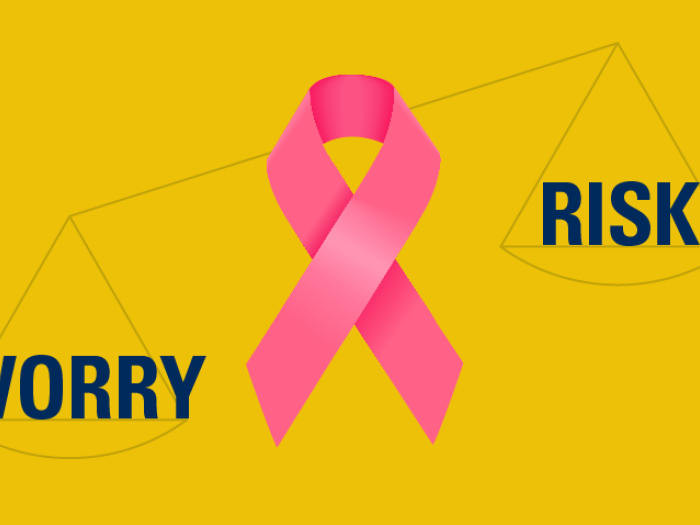
Health Lab
A University of Michigan Comprehensive Cancer Center study found 25 percent of low-risk patients substantially overestimated their risk of distant recurrence.
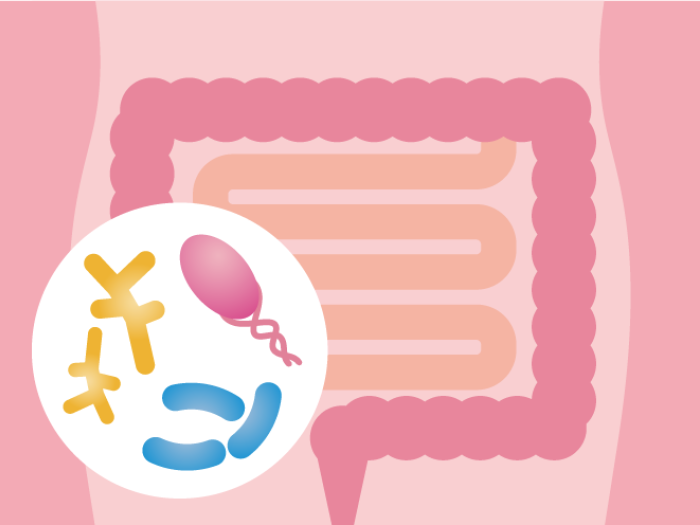
Health Lab
A study at the University of Michigan suggests we can prevent graft-versus-host disease by bolstering the amount of the microbiome-derived metabolite butyrate.

Health Lab
A study at the University of Michigan Medical School finds that cancer patients who have paid sick leave are more likely to keep their jobs.

Health Lab
University of Michigan researchers have developed a new healthcare innovation that could help young women with cancer preserve fertility after chemotherapy.